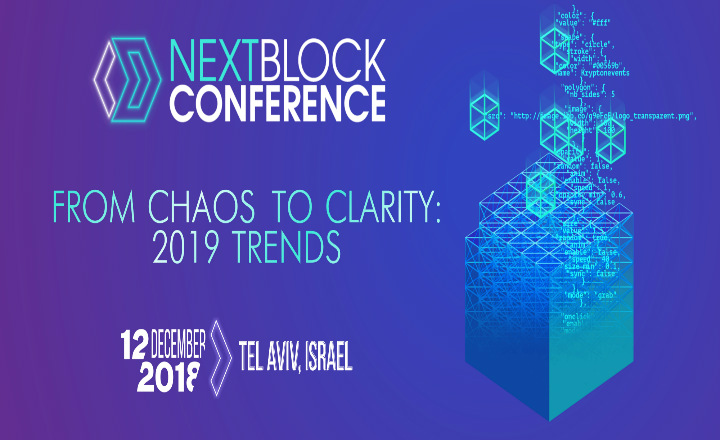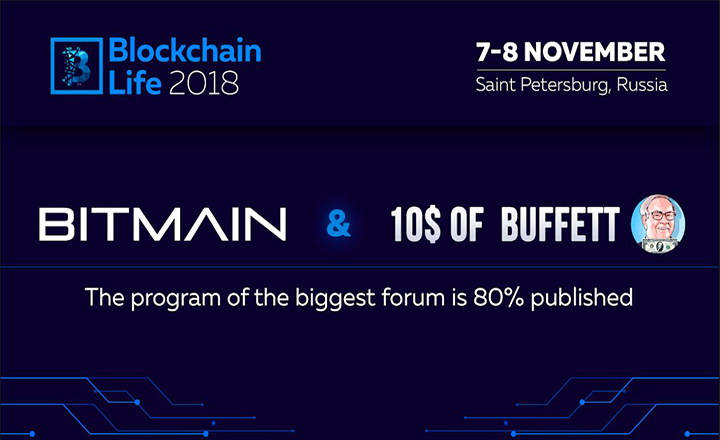Blockchain to Help Governments in Their Battle Against Coronavirus

While the role of blockchain in the online casino gaming industry is now widely recognized, nothing much yet is heard today about whether or not the distributed-ledger technology can help in the fight against the deadly coronavirus pandemic.
The main problem is medical, so many think blockchain will in no way be a cure to the virus. However, controlling the spread of the disease will be a lot easier if the medical supplies needed are kept in check and are well-distributed across countries, especially in areas where the number of cases is critical.
At present, there is no centralized supply procurement system for COVID-19 crisis response governed by a focal body. While the demand for medical supplies continues to spike around the globe, healthcare systems find it hard to identify which supply companies have trustworthy manufacturing procedures. New vendors join the medical supplication space, but with them come credibility challenges. Conversely, suppliers tend to face dilemmas as they try to distinguish credible buyers to avoid huge messes in their production inventory.
Excel or Google sheets are still the go-to supply database management systems of most of these companies. The problem is, functions to verify factory capacities, break down trade finance trust, and govern easy payments are not offered by those sheets, thus the need to have a better supply chain management system.
Lack of trust has to be eliminated. Quick transactions have to take place. All these are within clicks’ reach through blockchain technology.
Blockchain can provide a system that will update suppliers with product specifications and requirements as per their purchasers. The ledger will also give health systems an easy way to assess supplier credibility. In addition, payments will be a breeze through blockchain’s upfront decentralized payment feature.
Customs may come in the way, but the distributed-ledger tech can be used to produce certifications for the regulation of medical supply export. Ultimately, pharmaceuticals and medical supplies en route to their buyers can be easily monitored via a blockchain-based tracking system that is transparent and secure.
All these blockchain potentials are not realized yet as governments are too busy attending to their immediate needs. It will take so much coordination and cooperation before a global blockchain-based procurement medical supply system is put in place. But as these ideas have already been laid down, who knows if in the next world crisis that comes, governments will turn quickly to blockchain?













